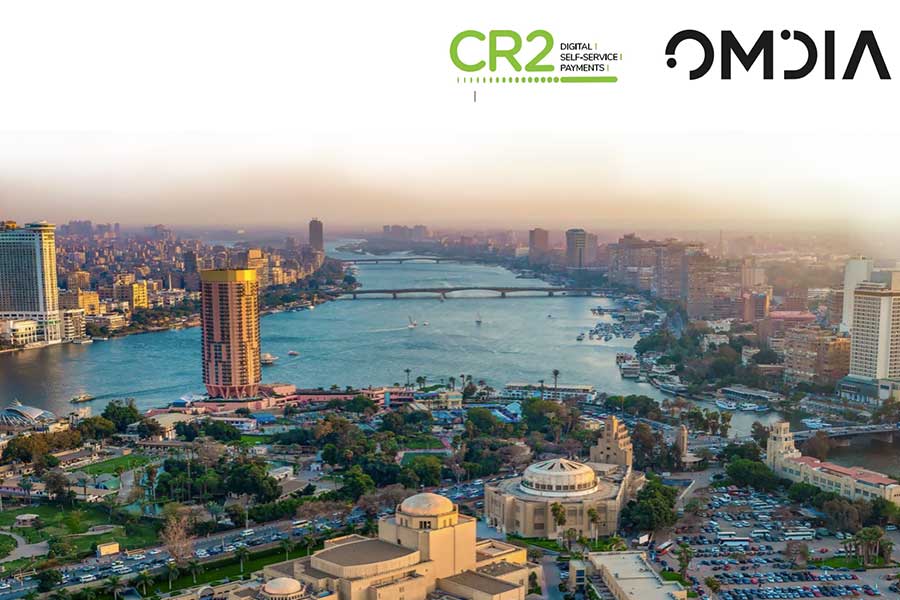
Radar | Dec 25,2021
The mismatch is apparent. Federal budget planners want to slash expenditures for the next fiscal year, but they are met with a bloated appetite from agencies which submitted their respective proposals. The Ministers of Finance caution federal agencies to be thrifty in their budgetary requests, only to see several having budget submissions well above their ceilings.
The Ministry is under pressure from falling external loan disbursements and increasing global prices for commodities such as fuel, fertiliser and wheat. Defence expenditure is on the rise.
Preparing the federal budget is an iterative process between the Finance Ministry and federal agencies. The agencies respond to budget calls and review ceiling notifications prepared by the Ministry. Their representatives defend the proposals at budget hearing sessions before adjustments are made. The budget bill is tabled to Parliament for a vote, following approval from the Council of Ministers.
This year's budget hearing sessions began on May 3 at the Finance Ministry on King George VI St., near Yekatit 12 Square. Ahmed Shedie, finance minister, and his deputy, Eyob Tekalign (PhD), chaired the hearings, urging federal agencies to brook with the budget ceilings.
"Public expenditure cutbacks will be the government's main agenda for the coming budget year," Ahmed told the representatives.
Nonetheless, few agencies desire to comply with the demand for penny-pinching. It is not unusual for budgeted agencies to have their leaders submit requests well above the ceiling set by the Ministry, assuming that the Ministry almost always approves budgets lower than initial requests.
The budget ceiling for the Ministry of Justice (MoJ) is set at 468 million Br. However, its officials submitted an initial request of 1.2 billion Br, over three times the ceiling and against its current budget of 750 million Br.
“We've ongoing projects that require financing,” said Desalegn Mengiste, director of finance and planning at the MoJ.
The Ministry is constructing branch offices in three Addis Abeba districts. Its officials plan to add another next year. Its recurrent expenditures are also on the rise due to investigations of crimes committed under the political instability across the country, according to Desalegn.
State Minister Eyob cautioned Justice officials to focus on completing ongoing projects.
The Ministry of Health (MoH) also saw its budget proposal declined last week as its submission was above the ceiling. However, Finance officials conceded a need to spend more on health services. They advised MoH representatives to cover part of the budget, generating revenues from public hospitals through increased medical bills. The Finance Ministry wants to see a study to determine if upping hospital bills is feasible.
The Health Ministry's budget for the current fiscal year is 3.4 billion Br.
Federal agencies are given three days to align their submissions with the celling.
The setting of budget celling began with implementing a programme budgeting system, introduced in 2012. Qualifying programmes receive priority during budget appropriations.
The Ministry of Culture & Sports (MoCS) is another federal agency that submitted well above its ceiling of 2.4 billion Br. It is 300 million Br less than its budget for the current fiscal year.
Endrias Abdi, director of budget and planning at the MoCS, says the budget is necessary to complete large-scale projects such as Adey Abeba Stadium and the renovation of the Addis Abeba Stadium. When construction began in 2016, Adey Abeba Stadium was projected to cost 2.47 billion Br and reach completion in three years. It is still under construction. The renovation of Addis Abeba Stadium is expected to cost 39 million Br.
The Ministry of Urban Development & Infrastructure has submitted a budget proposal above a 17.1 billion Br ceiling, against its current budget of 2.4 billion Br.
Its officials say the construction of federal roads, under the former Ethiopian Roads Authority (now Administration), is now under the Ministry. It is handling 14 road projects, according to Habtamu Bitweded, acting director of budget and planning at the Ministry.
Neither have public universities under the Ministry of Education toed the line Finance officials have set. The administrators of higher education institutions attributed the request overshoot to the increasing number of students enrolled and the associated costs for meals and essential supplies. The completion of unfinished projects was raised to justify the bloated budget submissions.
There are 87 higher learning institutions under the Education Ministry, operating with a 64.3 billion Br budget this year.
Finance officials, however, were adamant about the need to cut public expenditures next year, even if it means folding lagging projects while blocking the approval of any new construction works. They say a system will be deployed to monitor the expenditures of public universities after stock on their asset is carried out. The Ministry of Planning & Development has been tasked with the project.
Despite the hubbub, an official at the Finance Ministry who spoke to Fortuneon condition of anonymity says next year's federal budget will see a marginal growth.
"The ceiling is only a tool to prepare for the already ballooning government expenditure,” he said.
Parliament passed a budget bill of 561 billion Br for the current fiscal year. The federal budget grew by an average of 13pc annually over the past five years. The Administration has resorted to the sale of treasury bills (T-bills) to respond to a growing budget deficit, which had hit 123 billion Br by the end of the last financial year. It is projected to reach four percent of the GDP this year.
Outstanding public debt through the sale of T-bills shot up by 110pc to 253 billion Br. Officials also relied heavily on T-bills to pay for the 122 billion Br supplementary budget Parliament approved in 2021.
PUBLISHED ON
May 14,2022 [ VOL
23 , NO
1150]

Radar | Dec 25,2021

Films Review | Sep 14,2019

Radar | May 23,2021

Editorial | May 29,2021

Fortune News | May 08,2021

Commentaries | Nov 09,2024

Sponsored Contents | Aug 16,2021

Radar | Aug 28,2021

Fortune News | Mar 19,2022

Radar | Oct 14,2023

Dec 22 , 2024 . By TIZITA SHEWAFERAW
Charged with transforming colossal state-owned enterprises into modern and competitiv...

Aug 18 , 2024 . By AKSAH ITALO
Although predictable Yonas Zerihun's job in the ride-hailing service is not immune to...

Jul 28 , 2024 . By TIZITA SHEWAFERAW
Unhabitual, perhaps too many, Samuel Gebreyohannes, 38, used to occasionally enjoy a couple of beers at breakfast. However, he recently swit...

Jul 13 , 2024 . By AKSAH ITALO
Investors who rely on tractors, trucks, and field vehicles for commuting, transporting commodities, and f...

Nov 1 , 2025
The National Bank of Ethiopia (NBE) issued a statement two weeks ago that appeared to...

Oct 25 , 2025
The regulatory machinery is on overdrive. In only two years, no fewer than 35 new pro...

Oct 18 , 2025
The political establishment, notably the ruling party and its top brass, has become p...

Oct 11 , 2025
Ladislas Farago, a roving Associated Press (AP) correspondent, arrived in Ethiopia in...